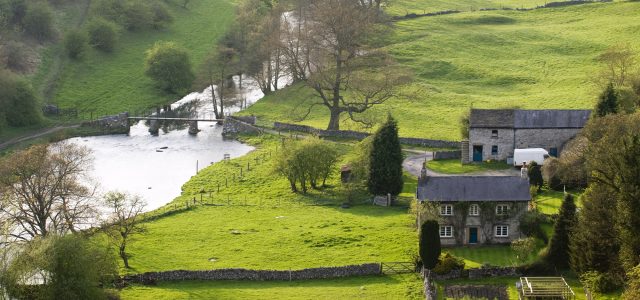
OCCUPYING SOMEONE ELSE’S LAND
– A BRIEF GUIDE TO ADVERSE POSSESSION
Adverse possession is the occupation of land which belongs to someone else, without their permission, writes Graeme Booth, property solicitor at Farleys
Whilst not an exclusive preserve of the countryside, due to minor changes in boundaries between properties over many years, adverse possession is a far more regular issue in rural communities than in urban areas.
The Land Registration Act 2002 sets out the criteria that must be met in the case of both registered and unregistered land. Someone claiming adverse possession must prove factual possession of the land without the owner’s consent as well as an intention to possess, for the relevant period of time.
If someone occupying land that does not belong to them can satisfy the following criteria, an application can be made to the Land Registry for a possessory title:
1. They have occupied the land for 10 or more years for registered land and 12 years for unregistered land.
2. They factually possess the land. The person claiming adverse possession will need to prove that, whilst not legally possessing the land, they have been dealing with the land as if they were the owner, e.g. fencing the land off is strong evidence of possession. However this is not always conclusive and the circumstances of each application will be different.
3. They must have the intention to possess the land, as opposed to simply an intention to own. The intention to possess means ‘the intention, in one’s own name and on one’s own behalf, to exclude the world at large, including the owner with the paper title’.
4. The occupation of the land must be without the owner’s consent or objection. Consent can be in the form of a licence or tenancy agreement, even if it has lapsed.
Whether you are intending to claim adverse possession of land that you do not own or are a land owner who has received an application of someone trying to claim your land, it is important to discuss the matter with an experienced property solicitor who will help you to understand the situation better and advise you on your options.
It is worth bearing in mind that registered land has more protection from adverse possession claims than unregistered land. If you own land that is unregistered, it is highly advisable to arrange for it to be registered at the Land Registry.
Lastly, it is essential when buying property to check that the Title Plan accurately reflects the physical boundaries of the property. If your solicitor does not send a copy of this to you, be sure to ask for a copy from them.
At Farleys we can assist with all the issues covered in this article. Call 01254 368040 or email: info@farleys.com to speak with a member of our experienced property team

